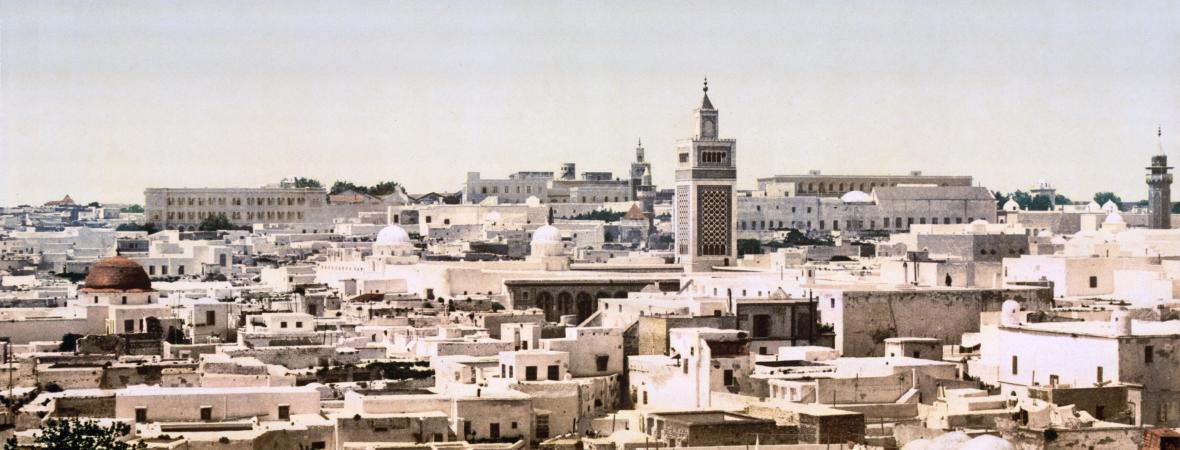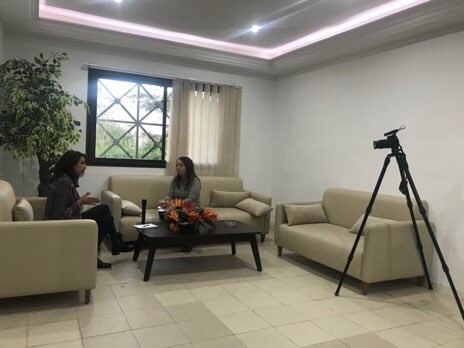2019 is the Year for Tunisian Political Parties

Tunisia is the only country to have emerged from the Arab Spring as an established democracy but eight years after the revolution, political leaders are struggling to address basic citizen demands.
On November 22, nearly 670,000 people participated in multiple labor strikes across the country to protest the government’s failure to address rising inflation and dwindling buying power. According to the International Republican Institute’s January 2017 poll, 85 percent of Tunisians believe the economic situation in Tunisia is somewhat or very bad. The failure to address this, and other economic challenges like growth and employment, is eroding confidence in the country’s political leadership.
Low voter turnout in the May 2018 municipal elections – around 33 percent – illustrates Tunisians’ frustration with political parties as independent candidates won a majority of votes. Even more troubling are the current statistics behind voter apathy. The 2018 Afrobarometer survey indicated 79 percent either would not vote or would not know who they would vote for if elections were held tomorrow, which in the context of the country’s upcoming 2019 presidential and parliamentary elections, is distressing.
The infighting between the parties of the previous ruling coalition, the secular Nidaa Tounes and Islamist-leaning Ennadha, is only contributing to a growing sense of frustration with the political system. As party leaders of these parties focus on the ongoing governmental crisis, they postpone addressing obstacles that are affecting Tunisians’ quality of life. This is creating dangerous ripple effects, from contributing to the country’s high foreign fighter flows to a decline in preferring democracy to other forms of governance. However, despite the tone at the top, a sustainable solution to Tunisia’s political paralysis must go beyond rapprochement at the Prime Minister and Presidential level – it needs to start with political parties from the inside.
Although this problem is not unique to Tunisia, the future of the North African country should be of great strategic interest to the United States for reasons that go beyond the morality of developmental aid. Firstly, Tunisia’s stability is indefinitely tied to the security of the region. Its geographic position along the Mediterranean basin directly contributes to the security challenges of today, including counterterrorism and migratory concerns of Libya, Italy, France, the rest of Europe, and arguably the United States. Secondly, Tunisia brings hope to a region that is undergoing a harrowing transformation. It is an example of how citizen-centered governance is possible in a region where authoritarian leaders too often drown out local voices for personal interest and gain.
Currently, many Tunisian political parties have limited knowledge to address the pressing economic and other public policy issues. The collapse of internal party structures, as exemplified by the disintegration of Nidaa Tounes, has left many parties ill-prepared to develop cohesive party platforms to address citizen grievances or even regularly communicate with them.
Despite these challenges, a window of opportunity exists for Tunisian political parties in 2019. Apart from being the second of their kind since the revolution, the presidential and parliamentary elections will allow parties to devise new visions, revisit party agendas and strategic priorities and implement new communications and outreach approaches.

Building on eight years of experience of political party programming, IRI is working to strengthen Tunisian political parties by developing their party organization. Programming includes training political party members on internal communication, constituent outreach and policy development. IRI also continues to receive recurring requests for consultations from leadership to assist with strategic planning and large-scale trainings in advance of the scheduled 2019 elections.
Since February 1, 2018, IRI has worked with members from 11 political parties and briefed, advised and trained 1,137 political party members (41 percent women) from more than 63 different municipalities. The numbers attest to the broader impact of IRI’s assistance: bridging the gap between the country’s coastal-interior and gender divide, where those living in rural areas, especially women, are largely unaware of their rights and roles in the political processes.
By strengthening Tunisian political parties from the inside-out, parties will be able to effectively address citizen concerns and become self-sustaining and active beyond election season. On the local level, it means that IRI’s party-affiliated municipal council partners will be competent representatives and political party leadership will feel confident drafting an informed, economic policy with the input from their local branches. On a national and regional level, it will mean restored faith in citizen-centered rule of law, institutions and stability through peaceful and holistic means.
As the new year begins, Tunisian political parties will be gathering the tools they need to determine their future while representing Tunisians as they determine theirs.
Top